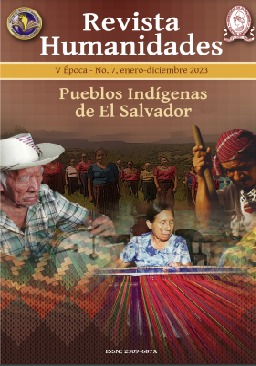(De)Construyendo la Identidad Cultural a Través del Lenguaje
El Caso de los Pueblos Indígenas de El Salvador1
Keywords:
transculturation, killing languages, revitalization, Nahuat, Pipil, cultural identityAbstract
In this presentation, the author points out the role of language in the processes of transculturation, becoming a tool to erase the direct and affective links with the subaltern culture. The so-called international or modern languages such as English, Spanish, Russian, Chinese, Arabic and other European languages have played the role of killing languages throughout history, especially in the last 500 years, displacing the vernacular languages of the subjugated peoples in all social spheres. Given this reality, the author hypothesizes that the displaced native language is a key element in the recovery of the identity of indigenous peoples. The author refers to the Pipil language and culture of El Salvador to demonstrate how efforts to revitalize Nahuat-Pipil are contributing to the recovery of ethnic pride and the revaluation of indigenousness
Downloads
Downloads
Published
Issue
Section
License
Copyright (c) 2024 Jorge E. Lemus

This work is licensed under a Creative Commons Attribution-NonCommercial 4.0 International License.
Los autores continúan como propietarios de sus trabajos, cediendo de manera no exclusiva los derechos de difusión a la Revista Humanidades bajo los estándares de la Licencia Creative Commons Atribución No Comercial 4.0 Internacional (CC BY NC 4.0).






